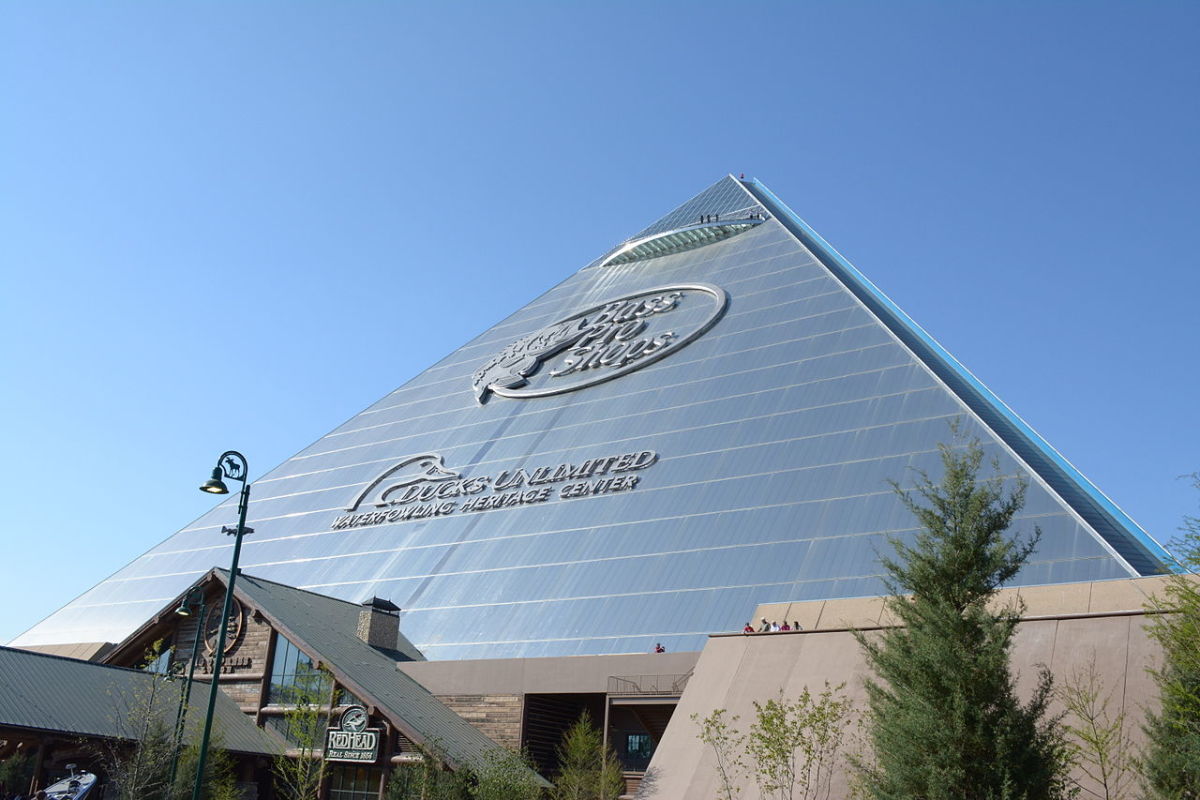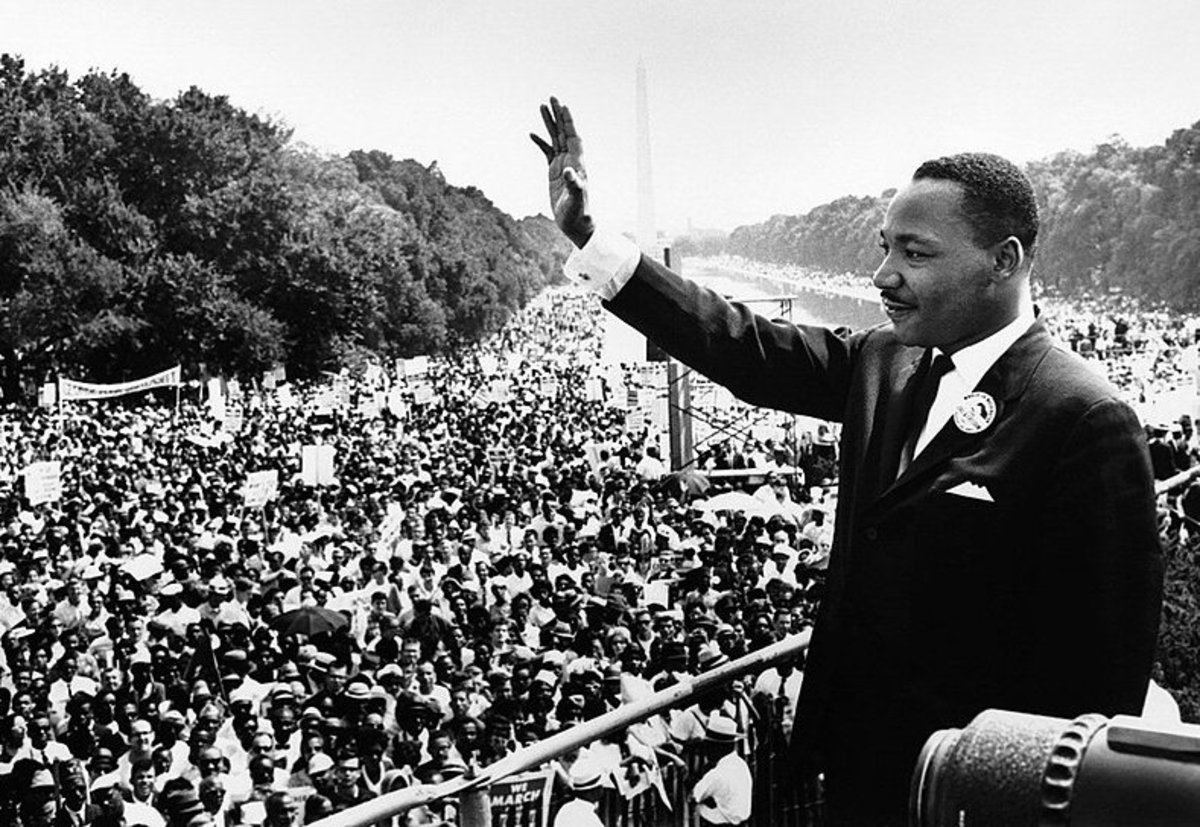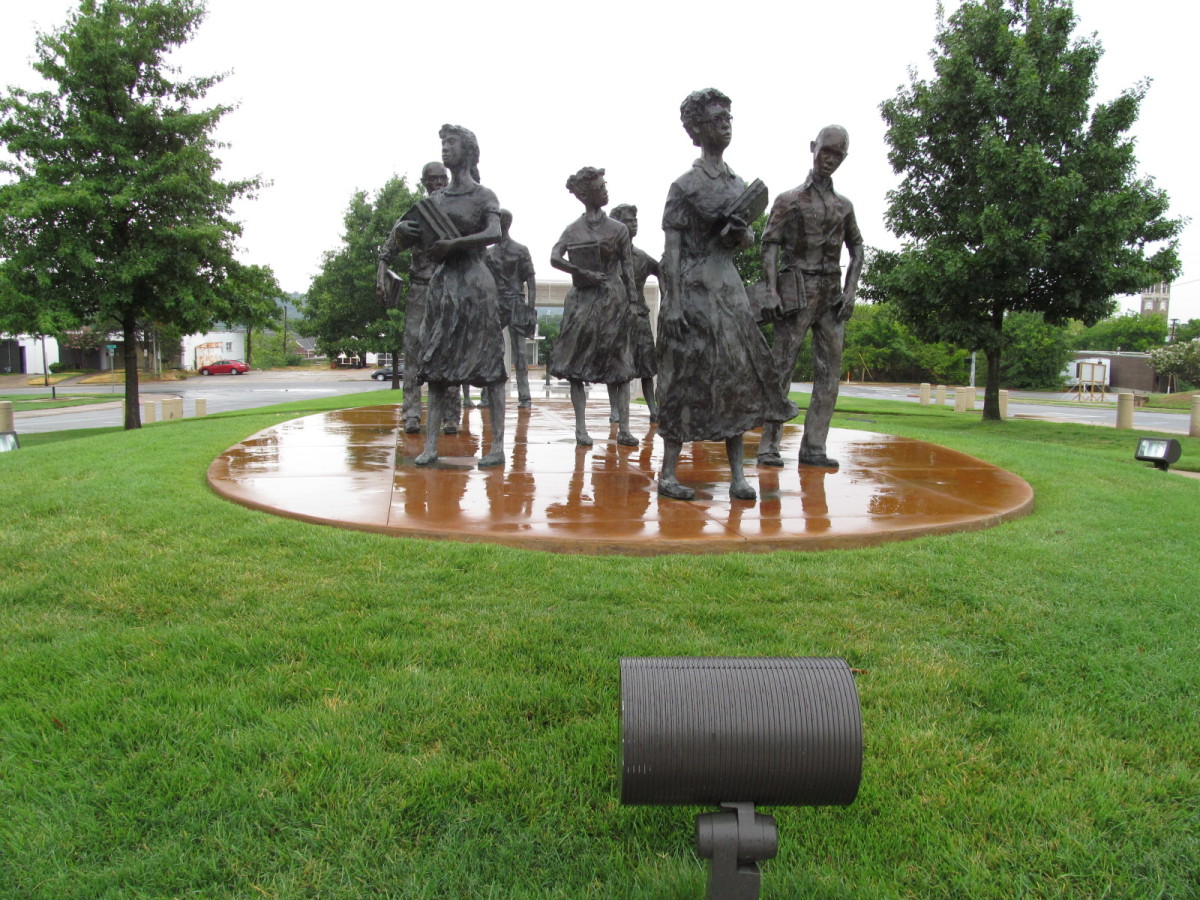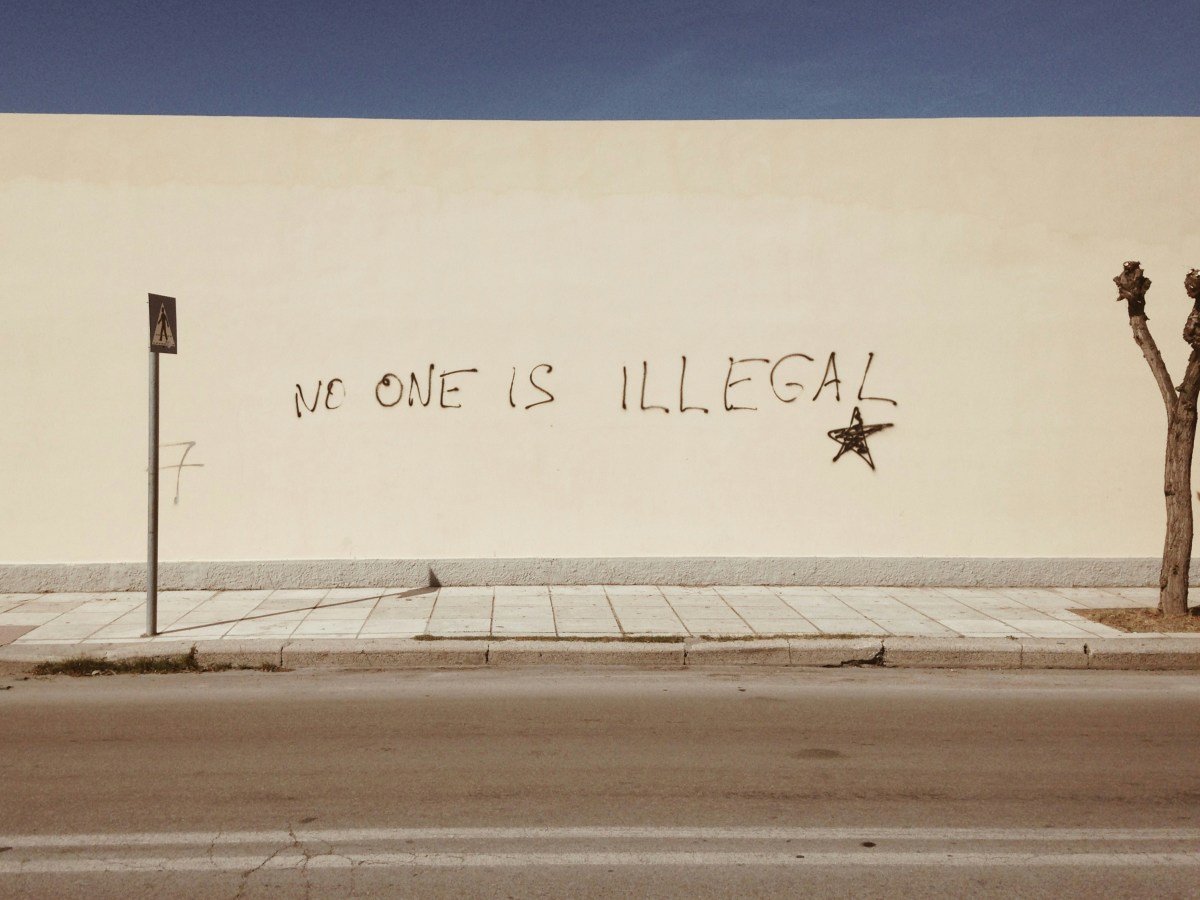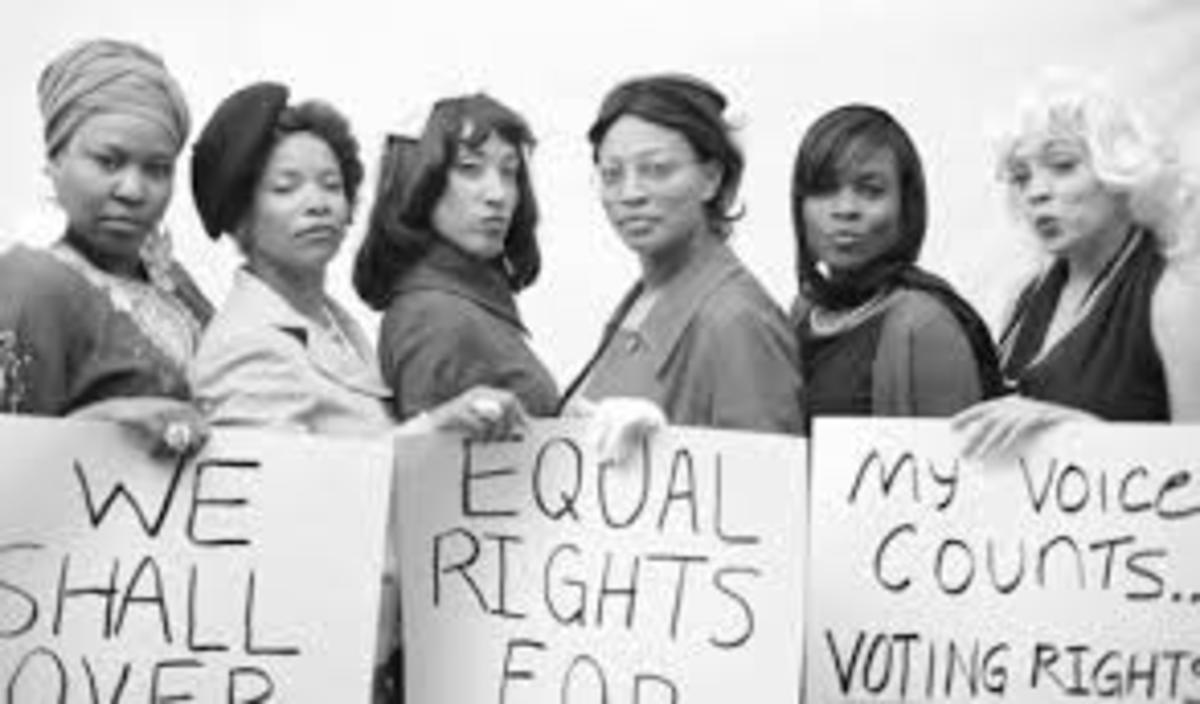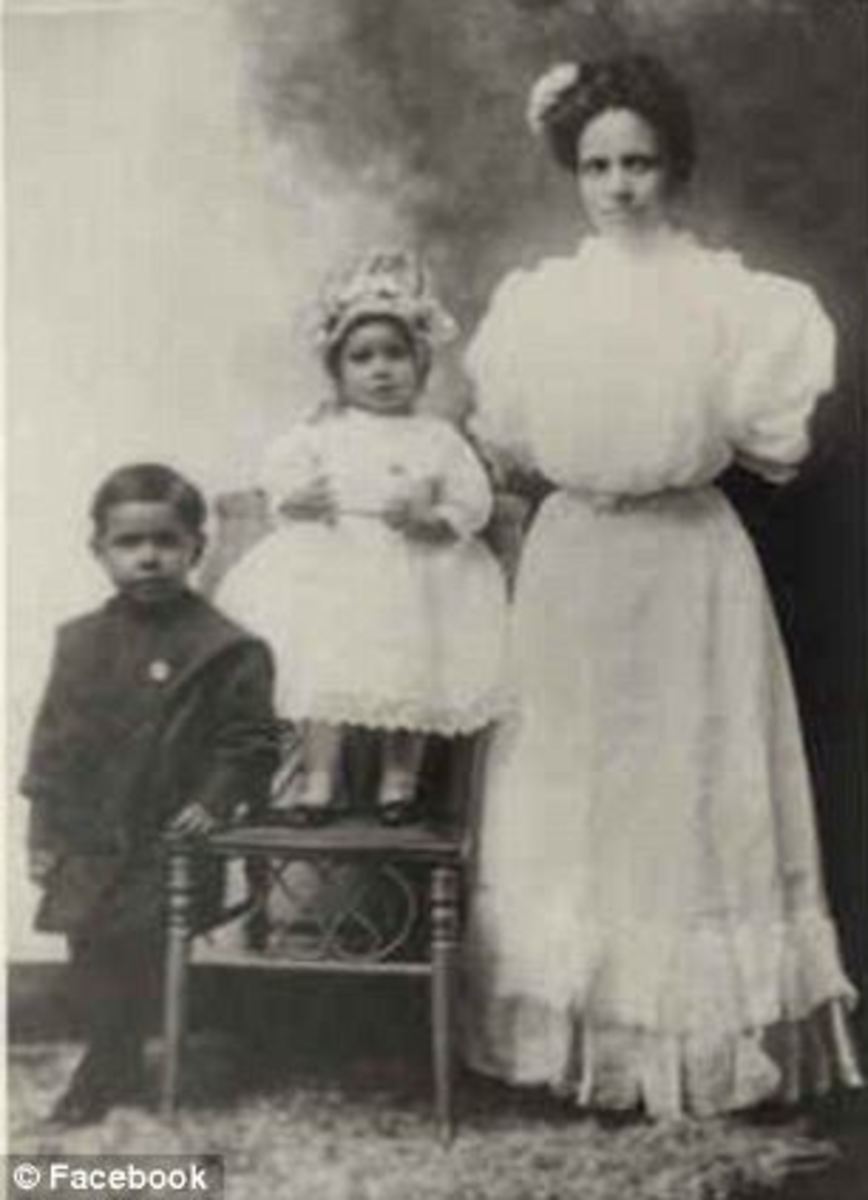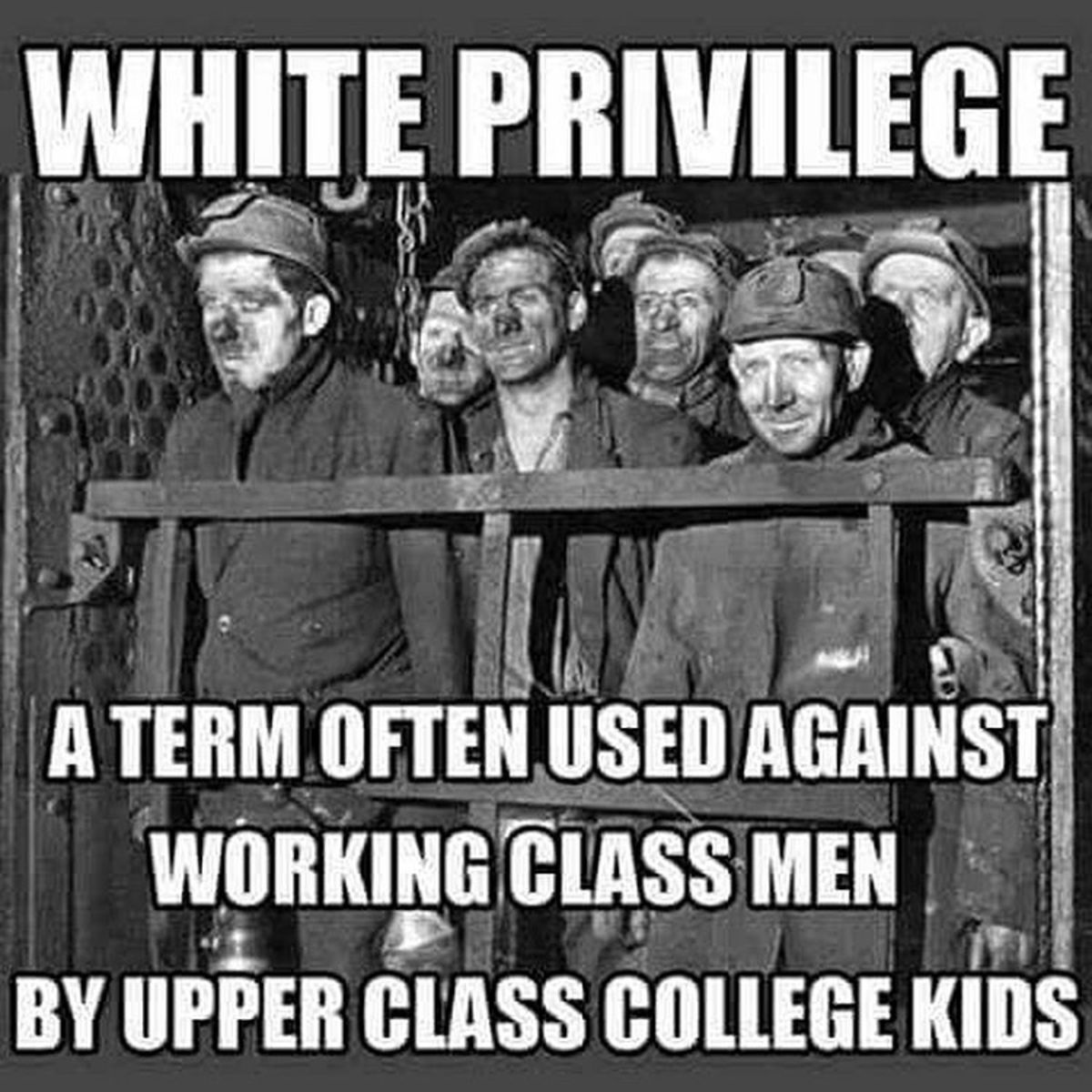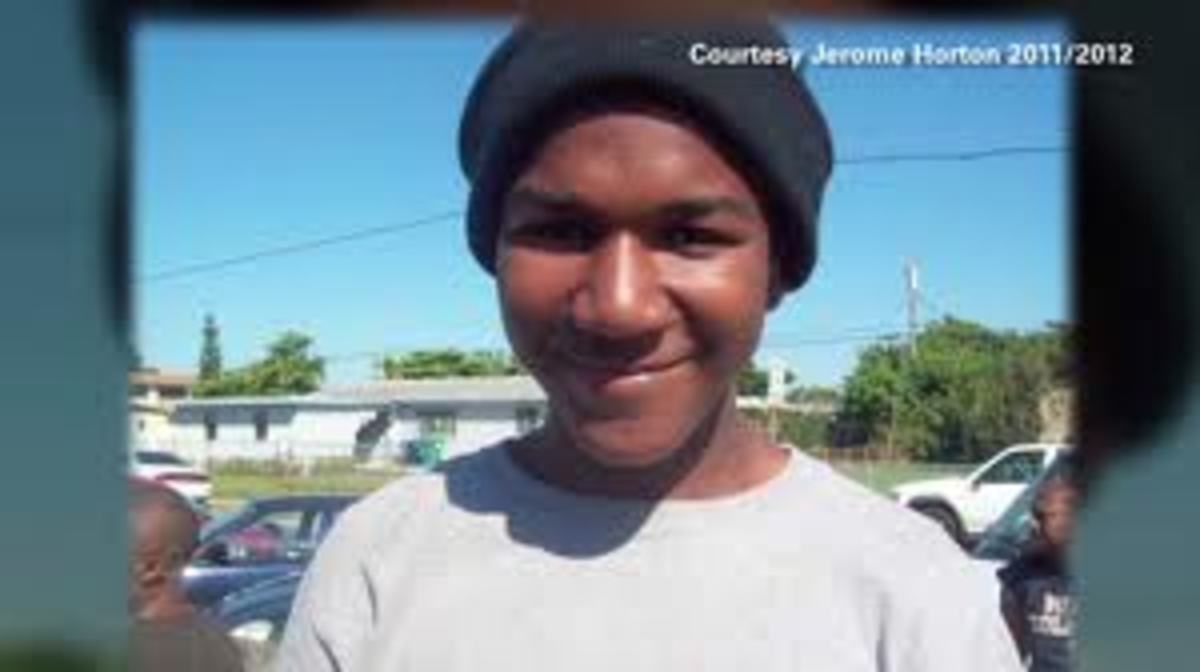Mississippi Burning Comes Full Circle
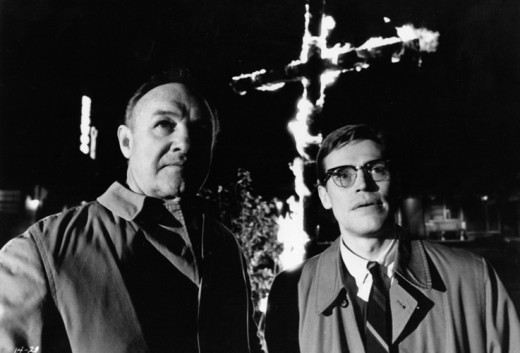
Philadelphia
The small Mississippi town of Philadelphia has a notorious and sordid past. Fifty years ago the town of only seven thousand was in the middle of the fight for civil rights and stood for the South’s continued resistance and reluctance to move the Civil Rights Movement forward. The tiny town was the site of one of the most horrific murders of the Civil Rights Movement and the center of activity for the Ku Klux Klan and other racist groups. However, something amazing has happened in Philadelphia just fifty years later. The town just elected its first African American Mayor. Philadelphia, Mississippi has come full circle.
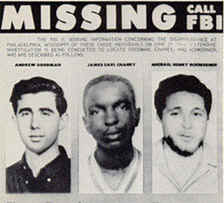
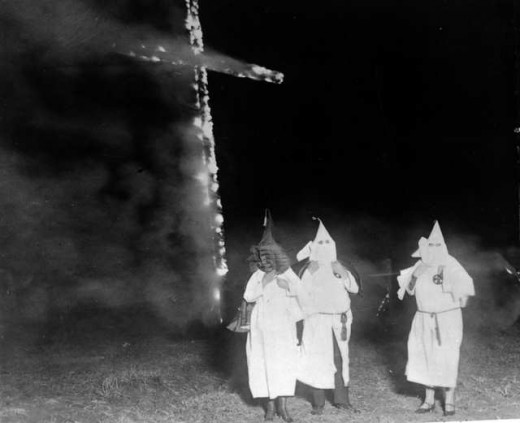
Philadelphia And The Murder Of Civil Rights Activists
Philadelphia is best known as the site of one of the most infamous civil rights related murders in American History. In 1964, during the midst of the Civil Rights movements, students from Universities from the North descended on the South to help African Americans register to vote and participate in the voting process free from fear and intimidation. The students were called Freedom Riders.
In July of 1964, a local church was burned to the ground, most likely by the KKK because the Church was active in the Civil Rights Movement. Michael Schwerner and Andrew Goodman from New York City, two Freedom Summer volunteers and James Chaney, a local Freedom Movement activist in Meridian came to Philadelphia to investigate.
As the trio’s license plate number had been given to the Citizens Council and Ku Klux Klan, they left word with fellow workers of their plans to travel to Philadelphia. While driving, the three were pulled over by Neshoba County Police Officer Cecil Price, a member of the KKK. Price arrested all three.
As was later told by those who were there, the Klan immediealely made plans to kill the three men. They were held in jail until the Klan was ready. Once ready, Chaney was fined $20 and the three were allowed to leave but were ordered to leave the County. Price followed them to the end of town and then pulled them over again. A group of Klan members arrived and the men were taken to an isolated spot where James Chaney was beated and the three were shot and killed. The Klan buried the three men and drove their car into a swamp.
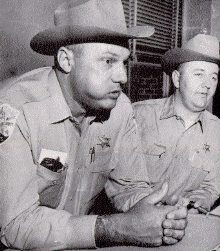
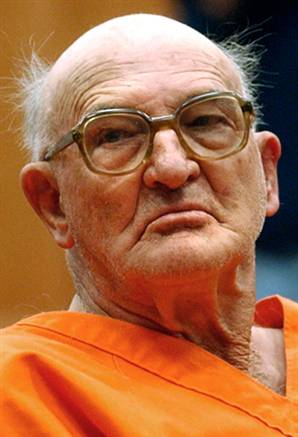
The Aftermath
There was public outcry everywhere over the murders, except for the official stance of the State of Mississippi. The FBI was brought in to investigate the murders and received little cooperation from local officials in their investigation. There was an informant who told the FBI where the bodies could be found.
There was rumors that local officials had been involved in the murders personally. Certainly, Officer Price was guilty and was sentenced to prison where he served only six years. Other officers were also convicted as were members of the KKK. Nobody served more than six years for the murders. Two Defendants, E.G. Barnett, a candidate for Sheriff, and Edgar Ray Killen, a minister, were acquitted when the jury deadlocked on their cases.
Fifty years later, after more investigations by the media and by Mississippi college students uncovered more evidence, Edgar Ray Killen was indicated again. When the Mississippi Attorney General decided to prosecute the case, it was the first time the State of Mississippi had taken any action against the perpetrators of the murders. The charges fifty years earlier had been brought by the Federal Government as the State of Mississippi refused to prosecute.
On June 21, 2005, a jury convicted Killen of manslaughter and he was sentenced to three consecutive terms of twenty years. Killen was 80 years old.
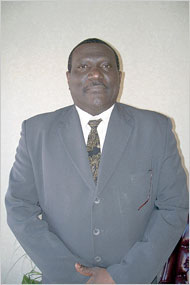
Philadelphia Comes Full Circle
Since 1964, Philadelphia has been associated and judged by the murder of the three Civil Rights activists. Its economy has suffered as its reputation. For many years, many residents were proud of the role Philadelphia played and stood by their public officials. But like so many things, the times have changed and so has Philadelphia.
In May 2009 Philadelphia elected the first African American Mayor in its history. James A. Young, a Pentecostal preacher and former county supervisor won the election by 46 votes. Young, who grew up in Philadelphia, remembers as a child looking out his bedroom window at night and seeing the Ku Klux Klan roaming the streets of his neighborhood and his father sleeping on the living room couch with a loaded gun on his lap. Young now gets emotional when he thinks about his place in history. Perhaps it is a small step in the history of this tiny Mississippi town, but it is an important step. Philadelphia is yet another symbol that racial barriers in America are crumbling and for the most part, at least compared to fifty years ago, it is happening with little resistance.

